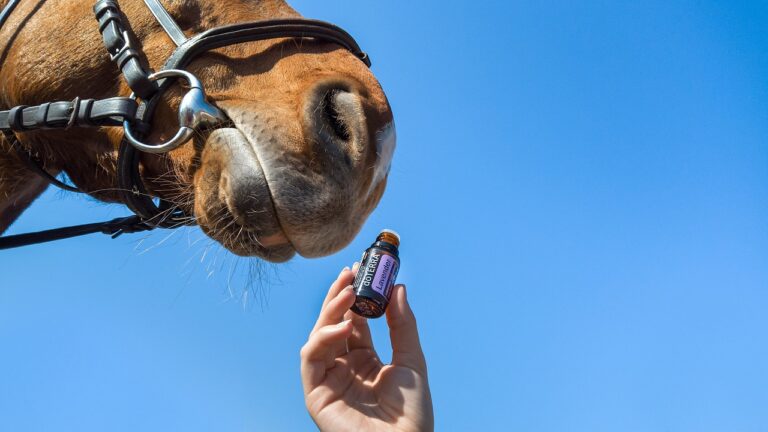The Science Behind Aging: Strategies for Healthy Aging
One common misconception about aging is that it always leads to a decline in cognitive abilities. While it is true that certain cognitive functions may decline with age, research has shown that older adults can still learn new skills, adapt to new circumstances, and possess valuable wisdom gained from life experience. It is important to challenge the stereotype that aging inevitably equates to cognitive decline and instead recognize the resilience and adaptability of older individuals.
Another myth about aging is that it inevitably results in poor physical health. While it is true that the risk of certain health conditions may increase with age, leading a healthy lifestyle can significantly impact overall well-being in older age. Regular exercise, a balanced diet, adequate sleep, and managing stress are key factors in maintaining physical health as we age. It is essential to debunk the misconception that aging equates to inevitable physical decline and instead focus on the importance of proactive health and wellness practices throughout the lifespan.
Factors that Contribute to Aging
As we age, several factors play a crucial role in the process. One significant contributor is oxidative stress, which occurs when there is an imbalance between free radicals and antioxidants in the body. Free radicals can damage cells and lead to accelerated aging. Additionally, chronic inflammation is another factor that can contribute to aging. Prolonged inflammation can lead to tissue damage and weaken the immune system, making the body more vulnerable to age-related diseases.
Moreover, hormonal changes can also impact the aging process. As we age, our hormone levels fluctuate, which can affect various bodily functions such as metabolism, energy levels, and muscle mass. These hormonal changes can contribute to symptoms commonly associated with aging, such as reduced bone density, decreased muscle tone, and fluctuations in mood. It is important to understand the role of these factors in aging to implement strategies that may help slow down the process and promote overall well-being.
Impact of Genetics on Aging
Our genetic makeup plays a significant role in the aging process. Certain genes are linked to longevity and can influence how quickly or slowly we age. For example, variations in the gene responsible for producing collagen can affect the elasticity of our skin, contributing to the formation of wrinkles and sagging as we grow older.
Moreover, genetic predispositions can also influence our susceptibility to age-related diseases such as heart disease, diabetes, and Alzheimer’s. Individuals with certain gene mutations may be more prone to developing these conditions earlier in life, underscoring the impact of genetics on our overall health and well-being as we age.







